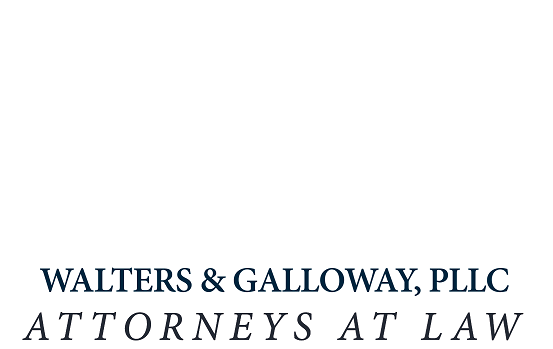By Attorney Jacquelyn M. Yeakle
Beneficial Ownership Information Report to the U.S. Financial Crimes Enforcement Network
In 2021, Congress passed the Corporate Transparency Act (CTA), which created a new beneficial ownership information (BOI) reporting requirement as part of the U.S. government’s efforts to make it harder for bad actors to hide or benefit from their ill-gotten gains through shell companies or other opaque ownership structures. Under the CTA, many businesses were required to file a report to FinCEN by January 1, 2025. This report includes the name, address, birth date, and driver’s license copy of at least one beneficial owner of the business. A “beneficial owner” is defined as an individual who either directly or indirectly: (1) exercises substantial control over the reporting company, or (2) owns or controls at least 25% of the reporting company’s ownership interests.
However, on December 3, 2024, a U.S. District Court judge in Texas issued a nationwide preliminary injunction that temporarily prohibited the enforcement of the CTA, which included the filing of the BOI reports. As a result of this order, the filing of the reports became voluntary. The Department of Justice appealed the Court’s ruling on December 5, 2024. On December 23, 2024, the U.S. Fifth Circuit Court of Appeals granted a stay of the District Court’s order pending the appeal, meaning the reporting requirement was reinstated, but then a mere three days later, the Court of Appeals vacated its order granting the stay, which made the reporting requirement voluntary again. At this time, the matter will be argued before the court en banc on March 25, 2025, but uncertainty remains due to all the recent back and forth on the status of the reporting requirement. As a result, business owners who have not filed the report yet and may be required to do so should continue to monitor this case closely.
Overtime and Minimum Wage Requirements under the Fair Labor Standards Act
Under the Fair Labor Standards Act (FLSA), the general rule is an employee is entitled to at least minimum wage and overtime pay at time and a half for all hours worked over 40 hours per week. Some employees are specifically exempt from the FLSA’s minimum wage and overtime protections, including bona fide executive, administrative or professional employees. This exemption, typically referred to as the “EAP” exemption, applies when:
1. An employee is paid a salary;
2. The salary is not less than a minimum salary threshold amount; and
3. The employee primarily performs executive, administrative or professional duties.
On April 23, 2024, the U.S. Department of Labor (DOL) released a final rule updating the FLSA’s overtime pay requirements. Most salaried workers earning less than $35,568/year ($684/week) were eligible for overtime pay, but on July 1, 2024, the final rule increased the minimum salary threshold to $43,888/year ($844/week), and then another increase was to take effect on January 1, 2025 to $58,656/year ($1,128/week).
However, on November 15, 2024, a U.S. District Court judge in Texas struck down the DOL’s final rule that raised the minimum salary thresholds. As a result, most salaried workers earning less than $35,568/year ($684/week) are currently eligible for overtime pay. The increase on July 1, 2024 is reversed and the increase on January 1, 2025 will no longer occur. An appeal has been filed and two other lawsuits regarding the DOL’s 2024 final rule are currently pending in other federal district courts.
Fraud Alert for Businesses
There is a new scam targeting business owners in an attempt to collect money by mailing business owners a form from the “US Business Regulations Department”. This form states there is a reporting issue or a registration requirement and requests business owners to complete and return the form by a certain due date and to include a filing fee. There is no US Business Regulations Department. If you receive a letter from the US Business Regulations Department, it is a scam. The Department of Defense, Office of Small Business Programs, has more information on this scam that can be found here: https://business.defense.gov/Resources/Scam-Alerts/.
Please feel free to contact our office if you have any questions on these recent court case rulings or the fraud alert.





